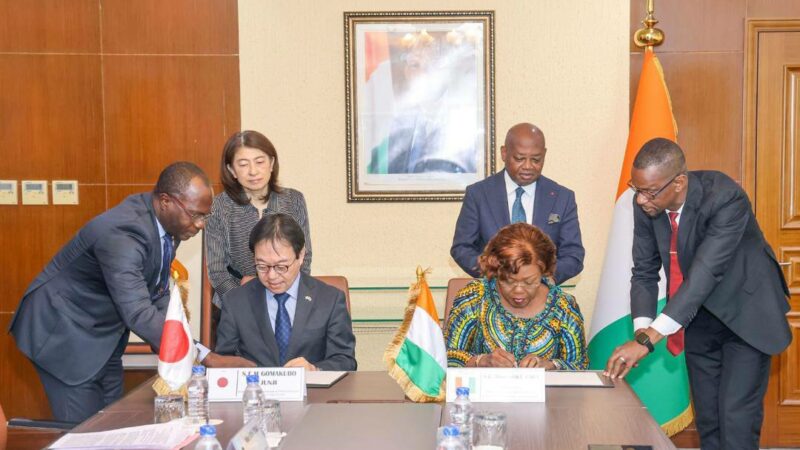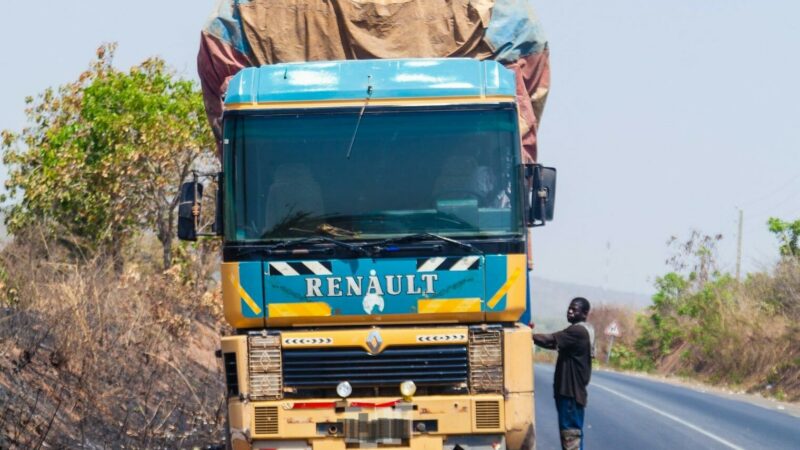Mauritius builds a digital future with stronger Information and Communication Technology (ICT) trade data

Mauritius is pursuing a government-led digital strategy, as outlined in the 2025–26 budget and the upcoming Digital Transformation Blueprint (2025–29)
Measuring trade in ICT services remains complex due to diverse operations, rapid technologic development and limited data sources. Only 56 countries currently report service data by partner country, essential for crafting effective policies.
When people think of Mauritius, idyllic beaches and tourism often come to mind. However, the country’s information and communication technology (ICT) sector is also emerging as an important economic driver. In 2024, it contributed Rs 33.9 billion ($735.6 million) to the economy—5.6% of total gross value added (GVA).
Mauritius is pursuing a government-led digital strategy, as outlined in the 2025–26 budget and the upcoming Digital Transformation Blueprint (2025–29). These initiatives emphasize artificial intelligence, open data, digital government services, and a robust startup ecosystem.
On the trade front, ICT services became the country’s fifth-largest service export category in 2023, accounting for 5.2% of total service exports. This surpasses pre-COVID-19 levels and signals strong growth potential. However, fully tapping into this potential requires better trade data.
High-quality, detailed trade statistics—including bilateral data and modes of supply—are crucial for designing effective policies, attracting investment, and ensuring sustainable growth. Yet capturing accurate ICT trade data is challenging due to rapidly evolving technologies and complicated tracking of transactions. Recognizing this, the upcoming Balance of Payments Manual (BPM7) includes new guidance on international standards for digitalization, covering areas such as cloud computing, digital platforms, and crypto-related transactions.
To improve this trade data, the International Trade Centre (ITC) is partnering with key Mauritian institutions, including the Bank of Mauritius, Statistics Mauritius, the Ministry of Information Technology, Communication and Innovation, and the Economic Development Board. A technical workshop held from 14 to 16 July 2025 focused on data integration, trade surveys, modes of supply, and improved dissemination.
Currently, the Bank of Mauritius relies on bank-reported data through the International Transactions Reporting System (ITRS) and is exploring the feasibility of publishing bilateral trade data. Such data is rare across African countries. ‘The ITRS offers frequent data, but we face accuracy issues in identifying partner countries,’ said Satishingh Jugoo, Chief of the Statistics Department. He noted that financial flows often do not match the country of residence of service providers or clients—especially for ICT services. Many countries therefore use surveys, requiring collaboration between central banks, national statistical offices, and regulators.
‘The open exchange of experiences showed our collective strength in tackling shared challenges,’ said Rajivsing Jeetoo, the Ministry’s Programme Manager.
ITC and Bank of Mauritius will now work together to enhance ITRS data and support a smooth transition to BPM7 standards. ‘We value this collaboration and look forward to continuing beyond the current phase of the African Trade Observatory project,’ concluded Dooneshsingh Audit of the Bank of Mauritius.
The African Trade Observatory is led by the African Union, implemented by ITC, and funded by the European Union.





